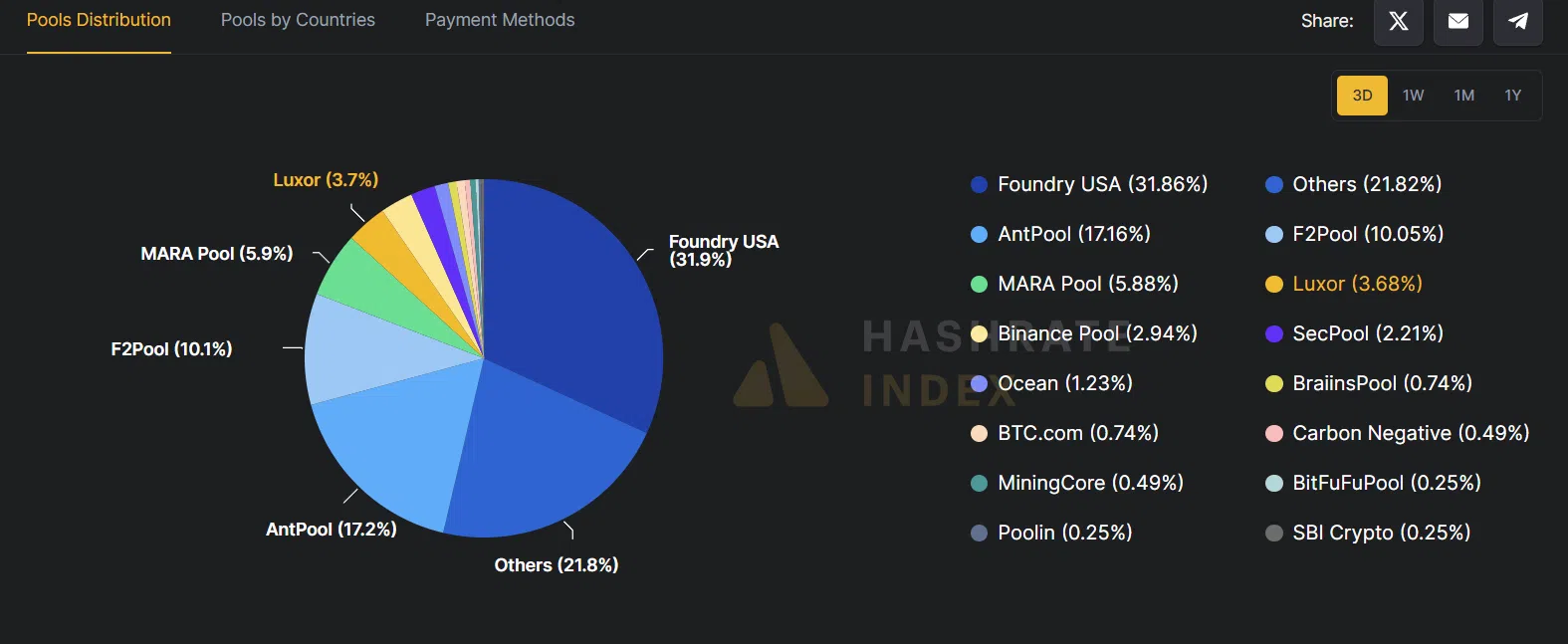3 min read
TAKE A BREAK
SpaceX’s First Polar Crewed Flight Funded by Bitcoin Tycoon
Updated: 3/31/2025
Fram2 Mission: A World-First in Crewed Polar Orbit
[](<>)
A bold orbital path takes humans over the Earth’s poles for the first time.
The Fram2 mission, set to launch from Florida at 9:46 p.m. ET, will carry four adventurers on a trajectory that crosses over both the North and South Poles—an orbit never attempted in human spaceflight. Unlike traditional missions that follow equatorial paths, Fram2’s 90-degree inclination will provide unparalleled views of polar regions and auroral phenomena.
The mission’s crew includes Norwegian filmmaker Jannicke Mikkelsen, German robotics expert Rabea Rogge, and Australian polar explorer Eric Philips—none of whom have previous space experience. They were handpicked by mission financier Chun Wang, founder of F2Pool and an early Bitcoin mining pioneer.
The Crypto Connection: Chun Wang’s Role
Bitcoin wealth powers a private space mission with research goals.
Chun Wang, known for co-founding F2Pool, once dominated the Bitcoin mining scene. At its peak, the pool was among the top contributors to the network’s total hash rate. While its influence has since declined to just over 10%, Wang’s early mining success still resonates: he reportedly mined 7,700 BTC between 2011 and 2012—valued today at over $600 million.
Wang’s decision to fund Fram2 reflects a broader trend of crypto capital flowing into technological ventures beyond finance. It’s unclear exactly how much he invested in the mission, but the combination of crypto origin and space ambition is setting a new precedent for decentralized wealth in action.
Science Aboard Fram2: From Brain Fluid to Hormones

Crew studies focus on human physiology, gender health, and space adaptation.
Beyond its historic trajectory, Fram2 doubles as a floating lab. The crew will participate in several human biology experiments, including studies on space adaptation syndrome, sleep disruption, and brain fluid shifts. These efforts build on data from the 2024 Polaris Dawn mission and aim to develop better treatment options for nausea in microgravity.
A standout research initiative is led by Hormona, a UK-based startup studying hormonal changes in female astronauts—an area largely overlooked in space medicine. Mikkelsen and Rogge will conduct real-time hormone monitoring, addressing a critical gender gap in physiological data from space missions.
Polar Auroras and Mysterious Phenomena
https://x.com/JennyHPhoto/status/1906330571237961895/photo/1
Fram2 will explore cosmic events like “Steve” from orbit.
Fram2 is also designed to capture rare atmospheric events. The crew will attempt to photograph Steve, a mysterious auroral structure discovered in 2016. Observing polar auroras from above offers unique insights into Earth’s magnetic activity, which could help scientists better understand space weather and its impact on communication systems.
Other experiments include mushroom cultivation in microgravity, testing new exercise routines, and documenting circadian rhythm shifts. Together, these projects aim to lay the groundwork for longer human stays in space under extreme orbital conditions.
A New Era of Crypto-Funded Exploration
Private capital meets public interest in a pioneering mission.
Fram2 represents more than a scientific milestone. It exemplifies how cryptocurrency wealth is increasingly supporting bold, forward-looking ventures. Chun Wang’s backing of this mission reflects a growing interest in using decentralized capital to pursue projects once reserved for governments or elite institutions.
As the crew prepares for their multi-day journey around Earth’s poles, the Fram2 mission serves as a reminder that the future of space exploration may not just be built by rockets—but also by Bitcoin.